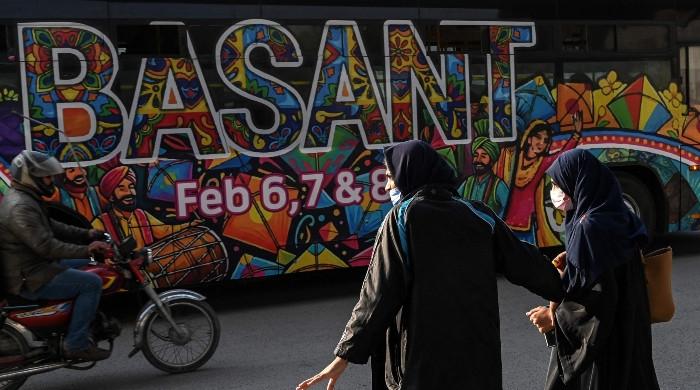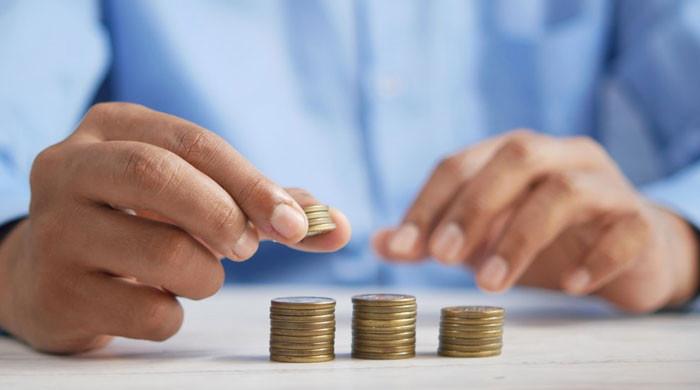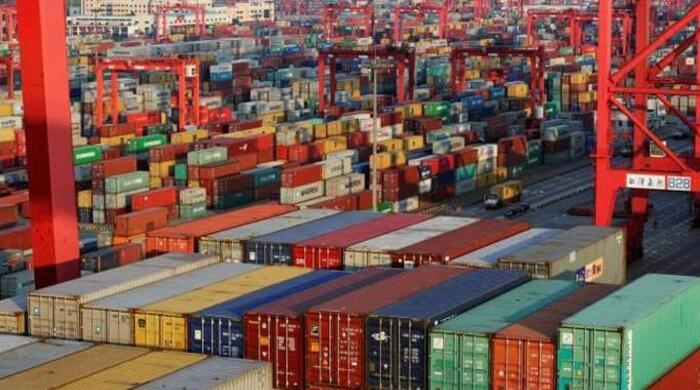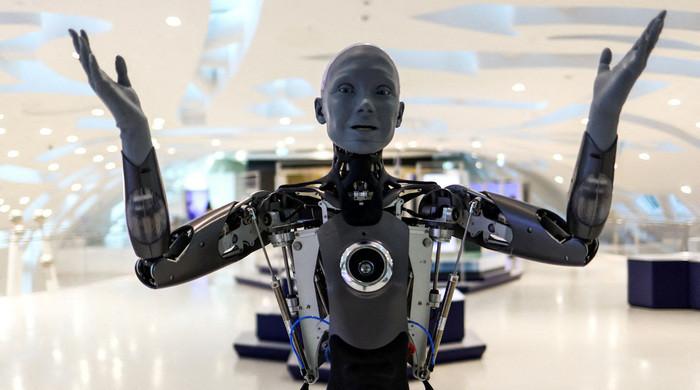Coronavirus blues: Are we headed for a mental health pandemic next?
Coronavirus is an episode with no fixed ending; this only adds to the disturbance of their usual life patterns
June 25, 2020
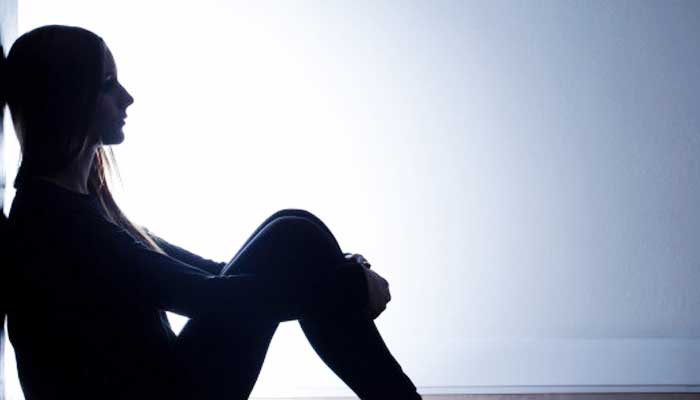
Generally speaking, human beings are social animals: we can see it in society’s regard, or lack thereof for introverts. British slang terms like “wallflower” are not intended to inspire admiration. Nevertheless, it is the “wallflower”, the hermit, the person who was self-isolating before it became a public health necessity that seems to be coping best with the present era.
Until recently, mental health hasn’t been a priority for the authorities: Governor Andrew Cuomo of New York admitted as much in an April press conference. He was asked about protestors who demanded that he end the lockdown policy; in reply, he retorted, “The illness is death”. He also clarified that anything he did had to be subject to that grim calculus.
Cuomo added that he was aware mental health was suffering due to the lockdown: however, he said, it’s not worse than death.
This may be true.
However, the coronavirus has exacerbated conditions for many; for example, people with autism often operate best with regular, set routines. The coronavirus has nullified these. It’s a myth that autistic people don’t like social interaction: many do and being deprived of their usual contacts has created disruption and disturbances in ways which are extremely uncomfortable. Worse, the pandemic is an episode with no fixed ending; this only adds to the disturbance of their usual life patterns.
The pandemic has worsened other mental health issues as well. For example, loneliness was already a big problem in the United Kingdom. According to the UK Office of National Statistics, 2.4 million adults reported feeling lonely in their 2016 / 2017 survey. There can be no doubt that the lockdown has made this worse for the eight million people in the United Kingdom who, according to the BBC, live alone.
Then there is the rise in incidental problems. For example, according to a BBC report from May 15, scammers have been taking advantage of lonely people in Britain, taking them for an average of £47,000.
People working in the health care system have also been devastated. An article, dated June 1, in the Scientific American magazine, argued that psychological trauma was the next crisis for health care workers tending to coronavirus patients.
“Burnout”, as the magazine describes it, was endemic among health care professionals prior to the coronavirus crisis; this issue has only been magnified by the pandemic. Not only are they seeing illness and death on a daily basis, they are being exposed to substantial risk every time they go to work.
Scientific American was referring to American health care workers, who, by and large, have access to the facilities they need.
In Pakistan, the number of confirmed cases of COVID-19 is nearing the 200,000-mark, and reports indicate that there aren’t sufficient beds for all the patients. What, one wonders, happens to the doctors and nurses on that front line who are facing this horror daily?
Once the virus recedes, it may be time to address the mental health issues that the coronavirus has created. Some governments have already made a start.
Governor Cuomo deployed a programme entitled “New York Cares”. This service includes a telephone hotline, staffed by volunteers so that citizens suffering from mental health issues can get assistance. The National Health Service (NHS) has prepared a webpage entitled “Mental Wellbeing While Staying at Home”. The page includes suggestions such as “look after your body” accompanied by a video instructing the viewer how to perform 10-minute workouts.
As useful as these may be, it is clear that some semblance of normality will not return easily nor quickly.
The entire discourse of society has changed. Recall the pre-coronavirus world: people thought nothing of packing into crowded movie theatres or shops without face coverings. A crowded restaurant was a sign of quality, not a potential danger. Face masks were solely for surgeons and residents of crowded cities who wanted to avoid breathing in polluted air. We could visit elderly relatives and care for them without worry or fear. We could plan out family holidays without thinking about quarantine periods and terms like “social distancing”.
The world is now a much more limited place. The impact of the coronavirus will be keenly felt on the economy.
The “Democracy Sausage” podcast hosted by the Australian National University, recently featured Dr Richard Denniss, an expert from the Australia Institute. He clearly spelled out the economic consequences of the coronavirus. He suggested that we can imagine a time where everyone worked one day a week from home. That alone, he stated, would mean that there would be 20% fewer cars on the road, 20% less use of public transport, 20% less fuel consumption.
Taking his thought further, there may be a knock on effects on footfall in stores, some of which cannot afford to take a 20% hit.
And if the economy continues to suffer, as seems likely, it is worth mentioning that there is a direct link between the economy and mental health. The Guardian reported in 2015 that unemployment caused 45,000 suicides worldwide between 2000 and 2011. How much worse will it be for Pakistan, which is struggling to avoid a recession?
Malik is a solicitor in England. She tweets at @shahjhan_malikk







